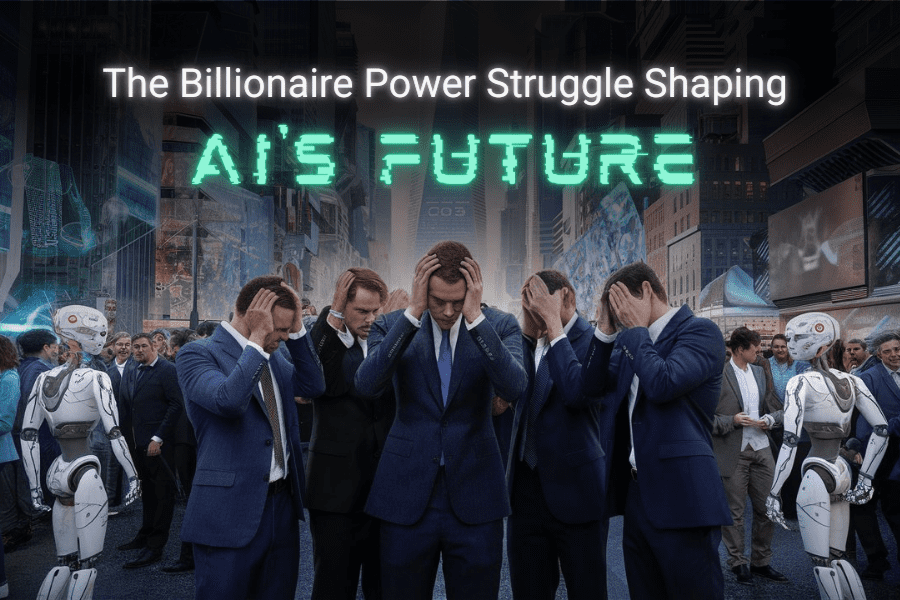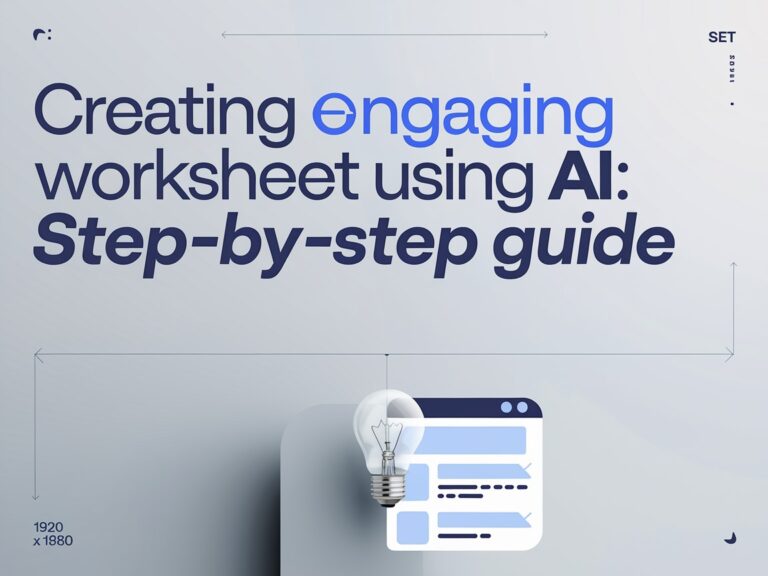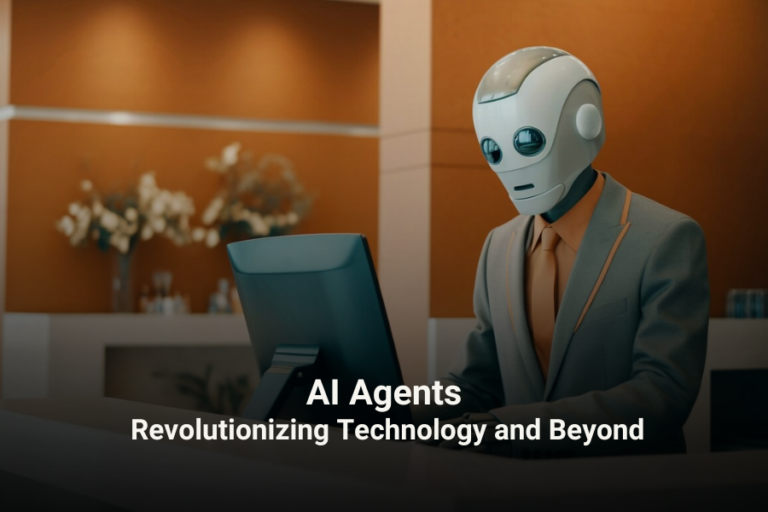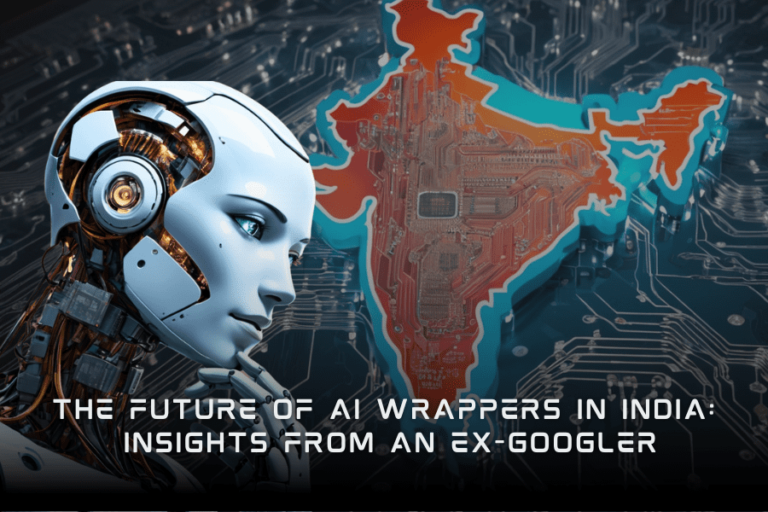The Future of AI – Billionaire Motivations and Their Impact
Introduction
The continuous battle among billionaires for control over artificial intelligence is exemplified by Elon Musk and OpenAI’s current legal dispute. Given that power dynamics and financial interests are shaping the future of artificial intelligence in a subject that is advancing quickly, this circumstance raises serious worries about the implications of these power struggles on society.

Elon Musk vs. OpenAI: Unveiling the Conflict:
Conflicts in the AI industry have come to light as a result of Elon Musk’s lawsuit against OpenAI for breach of contract. Musk’s claims that OpenAI puts business ahead of people’s welfare cast doubt on his own objectives and highlight the nuanced reasons underlying the AI race.
The Rise of AI: Inevitability and Impact:
People are heralding AI as a revolutionary force, comparable to previous revolutions like industrialization and agriculture. It has the enormous potential to transform industries like retail and genetics. The rivalry between tech behemoths like Microsoft, NVIDIA, and OpenAI, however, raises questions about the wider ramifications for society.
Sam Altman and the Billionaire Battle:
An important player in the AI war, Sam Altman, represents the nexus between technology advancement and financial gain. Altman’s journey from Y Combinator to OpenAI demonstrates the complex interplay between innovation, business, and societal effect.

The Myth of Benevolent AI: Profit vs. Humanity:
The reality is more complex, despite how the mainstream narrative presents AI as a technology that will help people. In an AI-driven future, Altman’s theory that AI will lower labor costs and advance universal basic income poses important concerns about power, control, and the distribution of wealth
Navigating the AI Landscape: Challenges and Opportunities:
It is critical to address the power disparities and profit-driven objectives influencing the development of AI as it advances. To guarantee a future that benefits everyone, cooperation, ethical reflection, and a reevaluation of AI’s course are needed.
Conclusion
The billionaire race for supremacy in AI highlights the need for accountability, openness, and a larger purpose. Through a critical analysis of the underlying dynamics and the promotion of an equitable and inclusive AI environment, we can work towards a time when technology works for everyone.
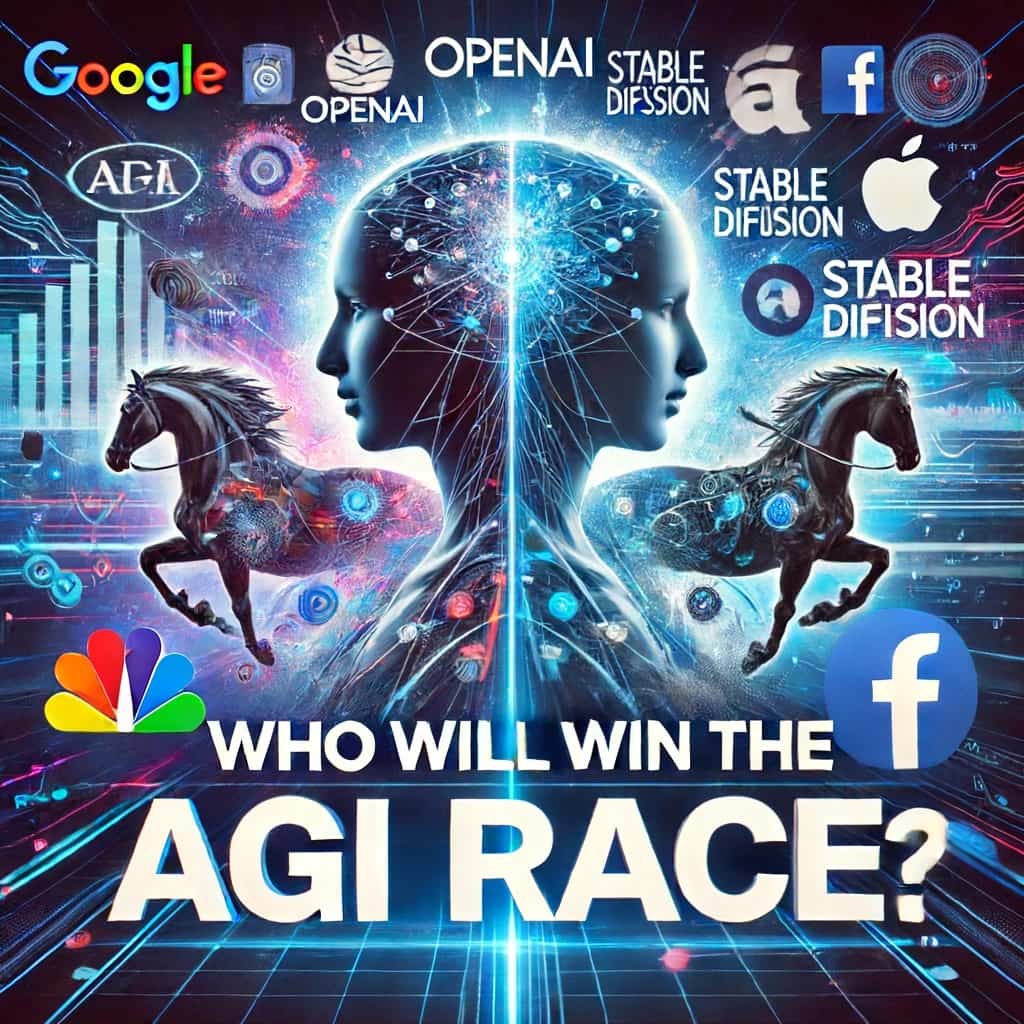
Opinion:
The conflict between creativity and business goals is seen in the billionaire competition amongst Musk and Altman for supremacy in artificial intelligence. Although AI has enormous promise, the concentration of wealth and power in the hands of a select few presents moral questions. Policymakers, technologists, and the general public must actively participate in forming AI’s future to make sure it serves larger social objectives. Leveraging AI’s benefits while reducing its risks will require striking a balance between innovation and ethical issues.
